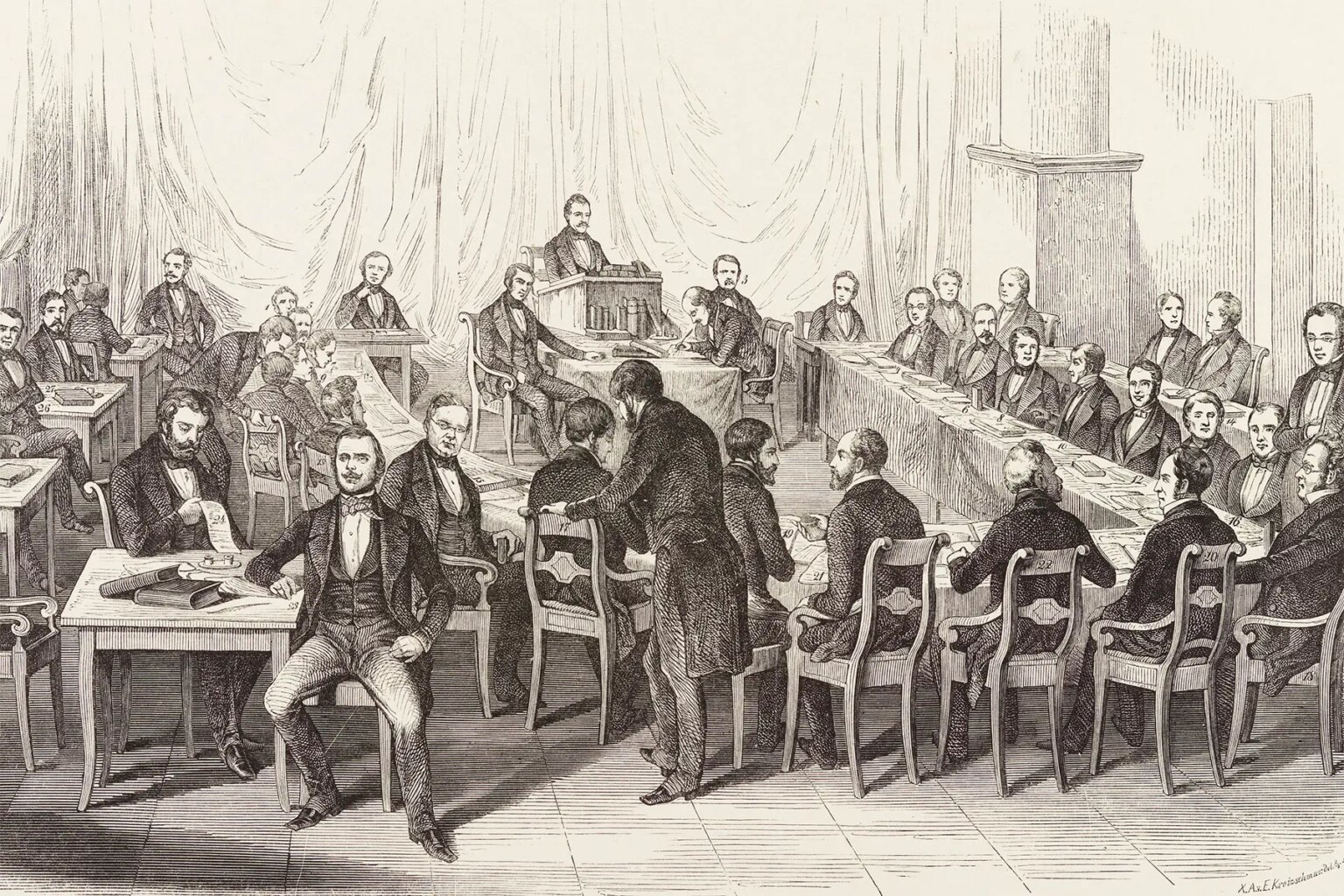The Swiss Confederation dates to 1291 as a defensive alliance among three cantons. In succeeding years, other localities joined the original three. The Swiss Confederation secured its independence from the Holy Roman Empire in 1499. A constitution of 1848, subsequently modified in 1874, replaced the confederation with a centralized federal government. Switzerland’s sovereignty and neutrality have long been honored by the major European powers. In fact, Switzerland didn’t participate in either world war.
Political and economic facts of Switzerland
The political and economic integration of Europe over the past half-century, as well as Switzerland’s role in many UN and international organizations, has strengthened Switzerland’s ties with its neighbors, however, the country did not officially become a UN member until 2002. Switzerland remains active in many UN and international organizations but retains a strong commitment to neutrality.
Independent Switzerland
Unlike most of its neighbors, Switzerland is not a member of NATO or the European Union (EU). However, Switzerland implemented the Schengen Agreement in 2008. The agreement effectively eliminates borders within signatory countries. Switzerland uses the Swiss Franc (CHF) as its currency.




